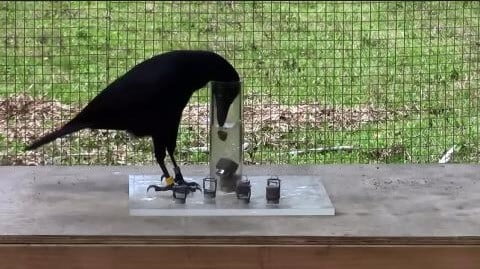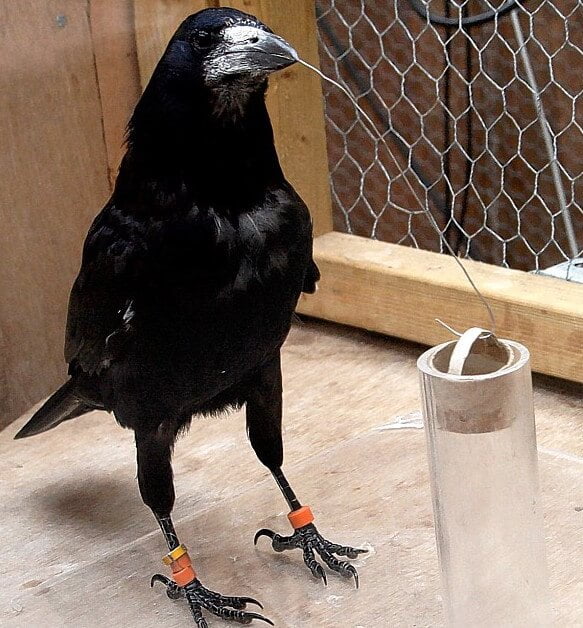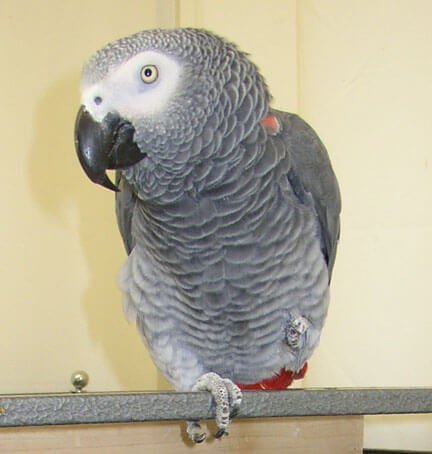Time Magazine recently published an intriguing story about the cognitive skills of birds. Although the article starts with a riveting trial in which a bird witnessed a murder, its primary aim was to highlight bird intelligence research. Today’s narrative will also begin with the murder case, but in a much more paraphrased, abbreviated and less graphic manner.
Perhaps you have heard of the sensational 2015 case about the argument between a couple in Michigan that resulted in murder. Ultimately the wife was convicted in the case on evidence outside of the words their parrot Bud kept repeating. Obviously, Bud could not be a witness nor could the words he spoke be admitted as evidence as there was no proof as to where he had actually heard them. It is interesting to note however, that some of the words Bud kept repeating pertained to a plea to not shoot. These words were unmistakably in the voice of the husband.
Corvids, Psittacidae and Cacatuidae are the three families of birds that have been the most researched relative to intelligence. Corvids include but are not limited to crows, ravens, jays, rooks and magpies. Psittacidae include parrots, parakeets, lovebirds and kea. Finally, Cacatuidae include cockatoos and cockatiels. Corvids like crows are known as clever toolmakers as evidenced by their ability to shape objects like paper clips into hooks in order to fish out treats. Rooks are able to grab treats floating on the surface of water in a partially filled pitcher by dropping in pebbles of various sizes to raise the water level.
Investigators at Lund University in Sweden have done some promising work in the area of cognitive ability with ravens. In one experiment they managed to teach ravens how to use a tool to open a box containing a treat. Later they discovered the ravens were able to select the same tool when presented along with other objects and with the box out of sight. In a second experiment, researchers discovered through a token food reward game that ravens have the ability to delay gratification.
The most impressive avian skill however, pertains to language. This skill is evidenced by the parrots’ remarkable ability to mimic and even understand human speech. Irene Pepperberg is a comparative psychologist at Harvard University and the best-known figure in the field of avian cognition. Pepperberg became famous for her work with a gray parrot named Alex who passed away at the age of 3 in 2007. Alex had not only mastered a vocabulary of over 100 words, but had also learned to use them in simple sentences. Alex’s last words to Pepperberg as she covered his cage on the night he passed were, “You be good, see you tomorrow. I love you.”
This article was adapted from a Time Magazine story by Jeffrey Kluger titled “Birdbrain is a misnomer: new studies show birds’ remarkable cognitive skills.”




